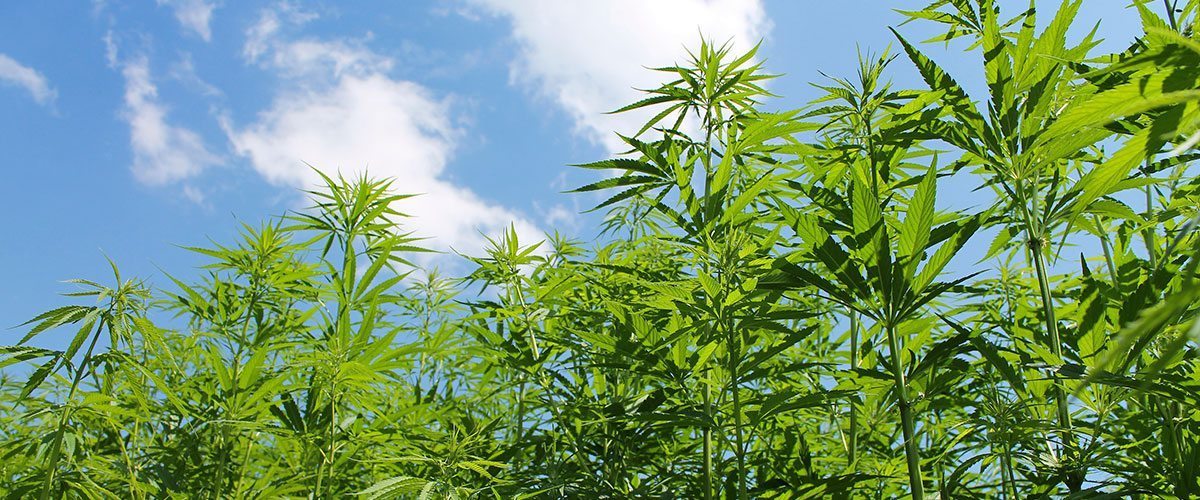[vc_row][vc_column][vc_column_text]
Researchers interested in participating in Pennsylvania’s hemp research program can apply for a cost-share program to help cover their project’s costs.
Pennsylvania’s Department of Agriculture will help cover the costs for participants in the state’s new Industrial Hemp Pilot Research Program, launched earlier this month. The department recently announced a cost-sharing program in which selective hemp permit recipients will be awarded $1,000 to help offset the administrative costs associated with their projects.
“Hemp has a long history here in Pennsylvania, and we believe it holds a promising future,” said state Agriculture Secretary Russell Redding, in a statement. “If we want to realize this crop’s full potential, though, we need the benefit of sound research.”
Pennsylvania has joined at least 29 other states that have passed a law allowing hemp farming as part of research or pilot programs. The state’s program will focus specifically on understanding the crop, which can be used to produce products like hemp oil, food, paper, clothing, building materials and body care products.
The cost-sharing program will be applied toward researchers who have successfully completed a hemp research project during the 2017 growing season. The projects must have been approved by the Department of Agriculture and a final report will have to be submitted for consideration.
“The cost-share program … is designed to address concerns expressed by a small number of interested growers who felt the regulatory costs tied to the program were prohibitive,” Redding said.
The guidelines for the program were released on December 1. Researchers have until January 6, 2017 to submit applications. The department will eventually award funds to up to 30 projects of 5 acres each, and selections will be based on the quality of the submitted research proposal.
“Since launching the pilot research program [in early December], the department has received a great deal of feedback, and we’re grateful for the support of stakeholders and advocates who worked tirelessly to pass the law allowing for this program,” Redding said.[/vc_column_text][/vc_column][/vc_row][vc_row][vc_column][vc_single_image image=”17298″ img_size=”1200×250″ onclick=”custom_link” img_link_target=”_blank” link=”https://www.medicalmarijuanainc.com/why-do-we-refer-to-hemp-as-industrial-hemp/”][/vc_column][/vc_row][vc_row][vc_column][vc_column_text]Up through World War II, hemp was a commercial agricultural crop for Pennsylvania. With the passing of the Controlled Substances Act in 1970, however, hemp was lumped together with marijuana and its cultivation was outlawed. The 2014 Farm Bill, signed by President Obama, opened the door for states to establish programs that allow for the limited legal growth of hemp for research and pilot purposes.
“Many people have told us they are eager to participate, while others have expressed disappointment that the current program does not allow for larger, commercial operations or for the processing of certain kinds of oils.
“We feel this approach is a prudent and appropriate starting point for the program’s first year given what is allowed under state and federal laws, and, as we have said repeatedly, we are committed to revising the program based on feedback,” Redding said.
You can get more information about Pennsylvania’s Industrial Hemp Pilot Research Program by visiting state’s Department of Agriculture website.
Learn more about hemp’s array of benefits by visiting our “Healing With Hemp: Hemp For You, Health For The Planet” article.[/vc_column_text][/vc_column][/vc_row]






